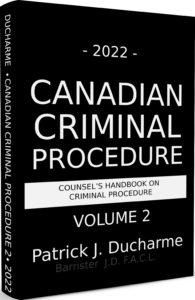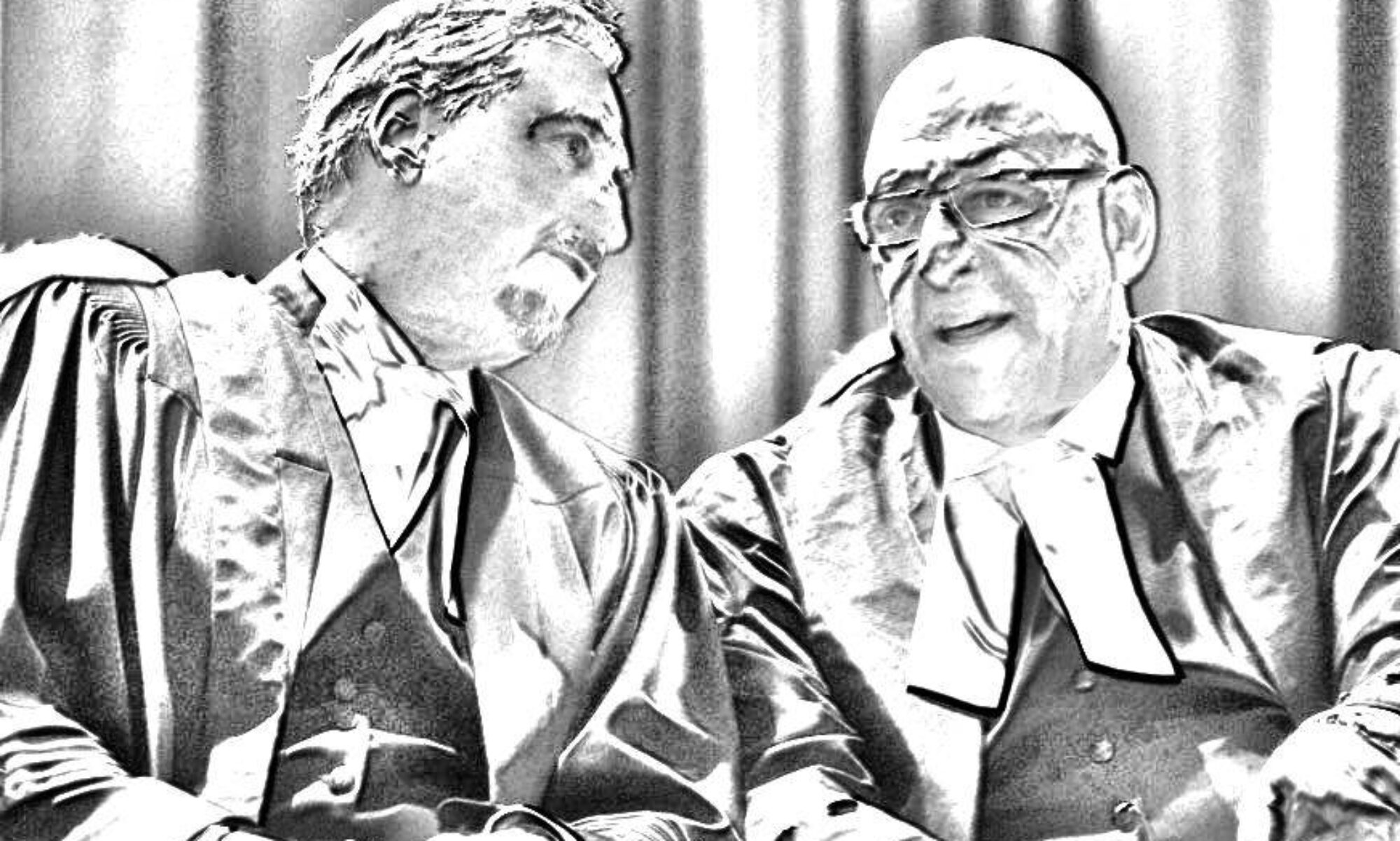 |
| Patrick Ducharme |
The hearsay rule has a necessary and essential purpose. It requires witnesses to testify in court if their words are to be considered for their truth. Hearsay evidence is presumptively inadmissible. The rule against hearsay evidence values cross-examination of witnesses to test or challenge their credibility and reliability. Admissible hearsay is thus the exception.
The “traditional exceptions” are categorical exceptions to the general exclusionary rule against hearsay. The Supreme Court of Canada in Starr1 concluded that if the categorical exceptions do not offend the dual test of necessity and reliability there is no need for their removal from our law. The party presenting hearsay evidence for its truth must establish that the evidence meets these criteria. The categorical exceptions now co-exist with present and future exceptions to hearsay based on the criteria of necessity and reliability. The co-conspirators’ exception to hearsay is one of many recognised, traditional exceptions to hearsay.
The co-conspirators’ rule permits acts or declarations by a person committed during a common unlawful plan, for the purpose of advancing the plan, to be admissible against all other persons involved. Although the rationale for the rule is based on agency principles, it is clearly and specifically an exception to the hearsay rule. As such, it presumptively respects and satisfies the principled approach, the more flexible approach, to admissible hearsay adopted by the Supreme Court of Canada in Khan. That flexible approach makes otherwise inadmissible hearsay evidence admissible provided the evidence is necessary and reliable.
Absent this presumption of admissibility, the party seeking the admission of this evidence would be required to satisfy the twin criteria of necessity and reliability. Consequently, whenever two or more persons embark upon a common unlawful plan, the acts or declarations of each are admissible against all, provided that they take place while the plan is ongoing and the acts and declarations are for the purpose of advancing the plan.

The above is the an excerpt of Patrick J Ducharme's book, Canadian Criminal Procedure Volume 2, available at Amazon or in bulk through MedicaLegal Publishing along with Criminal Trial Strategies.
Subscribe to Patrick Ducharme's Youtube Channel
